President William Ruto has made a bold statement, asserting that the Members of Parliament (MPs) who voted in favor of the contentious finance bill are the “true heroes of Kenya.”
This comes in the wake of widespread protests against the bill, which led to the president declining to sign it into law and sending it back to Parliament for further deliberation.
The controversial finance bill, which proposed significant tax increases and austerity measures, faced fierce opposition from the public.
Many Kenyans took to the streets, voicing their concerns over the potential economic burden the bill would place on already struggling households.
The intense backlash forced President William Ruto to reconsider his position and return the bill to Parliament for reconsideration.
In his statehouse roundtable address, President William Ruto defended the members of Parliament who supported the bill, suggesting that their decision was made in the best interest of the country’s long-term economic stability.
“One day, the people will realize that the Members of Parliament who voted Yes are the true heroes of Kenya,” President William Ruto stated.
He argued that the proposed measures, though tough, were necessary for ensuring fiscal responsibility and sustainable growth.
President Ruto emphasized the challenges facing Kenya’s economy, highlighting the need for reforms to address fiscal deficits and public debt.
He noted that the finance bill was designed to tackle these issues head-on, despite the immediate hardships it might impose.
According to the president, the MPs who supported the bill demonstrated foresight and courage, prioritizing the nation’s future over short-term popularity.
Despite the president’s remarks, the controversy surrounding the finance bill continues to stir debate across the nation.
Critics argue that the proposed tax increases would disproportionately affect low-income families, exacerbating poverty and inequality.
They contend that the government should explore alternative measures to boost revenue and reduce spending without placing an undue burden on the most vulnerable citizens.
The opposition has also voiced strong objections to the finance bill, accusing the government of failing to adequately consult with stakeholders and consider the broader social implications of its policies.
Opposition leaders have called for greater transparency and public participation in the legislative process, urging the government to prioritize the welfare of ordinary Kenyans.
As Parliament prepares to reexamine the bill, the tension between economic necessity and public discontent remains a critical issue for the Ruto administration.
The coming weeks will be pivotal in determining the future of this legislation and its impact on Kenya’s economic landscape.
Lawmakers are expected to engage in rigorous debates and consultations, weighing the potential benefits of the proposed measures against the risks of further public unrest.
In the midst of this political turmoil, some analysts suggest that a compromise might be necessary to address the concerns of both the government and the public.
They propose revising the bill to include more targeted tax reforms and social safety nets to mitigate the impact on vulnerable populations.
Such an approach, they argue, could help build consensus and restore public confidence in the government’s economic agenda.
The outcome of this legislative process will not only shape Kenya’s fiscal policy but also influence the broader political climate.
President Ruto’s leadership and the Parliament’s decisions will be closely scrutinized by both domestic and international observers, with significant implications for the country’s economic stability and social cohesion.
President William Ruto’s declaration that the MPs who voted for the finance bill are the “true heroes of Kenya” reflects his commitment to pursuing difficult but necessary economic reforms.
However, the widespread protests and ongoing debates highlight the complexities of balancing fiscal responsibility with public welfare.
As the nation awaits Parliament’s final decision, the stakes remain high for Kenya’s future prosperity and unity.

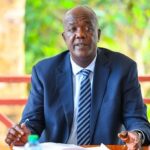



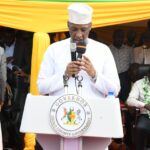

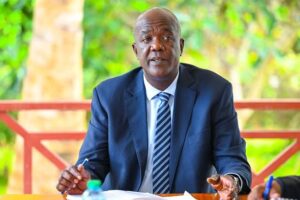
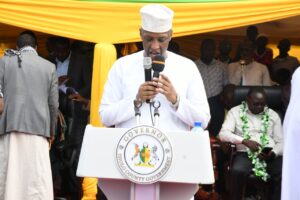
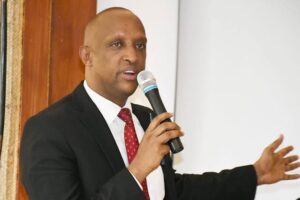
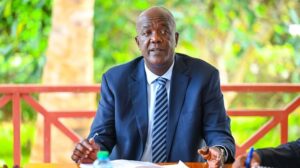
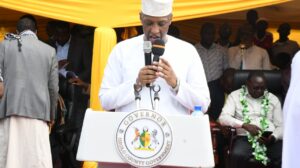
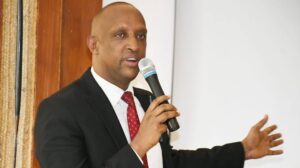
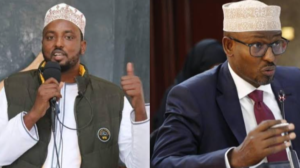
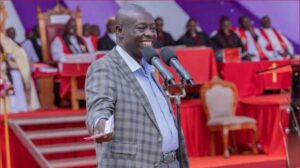



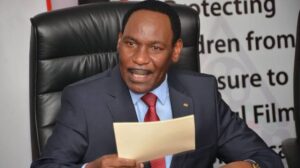
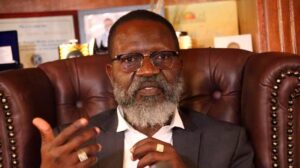
Add Comment